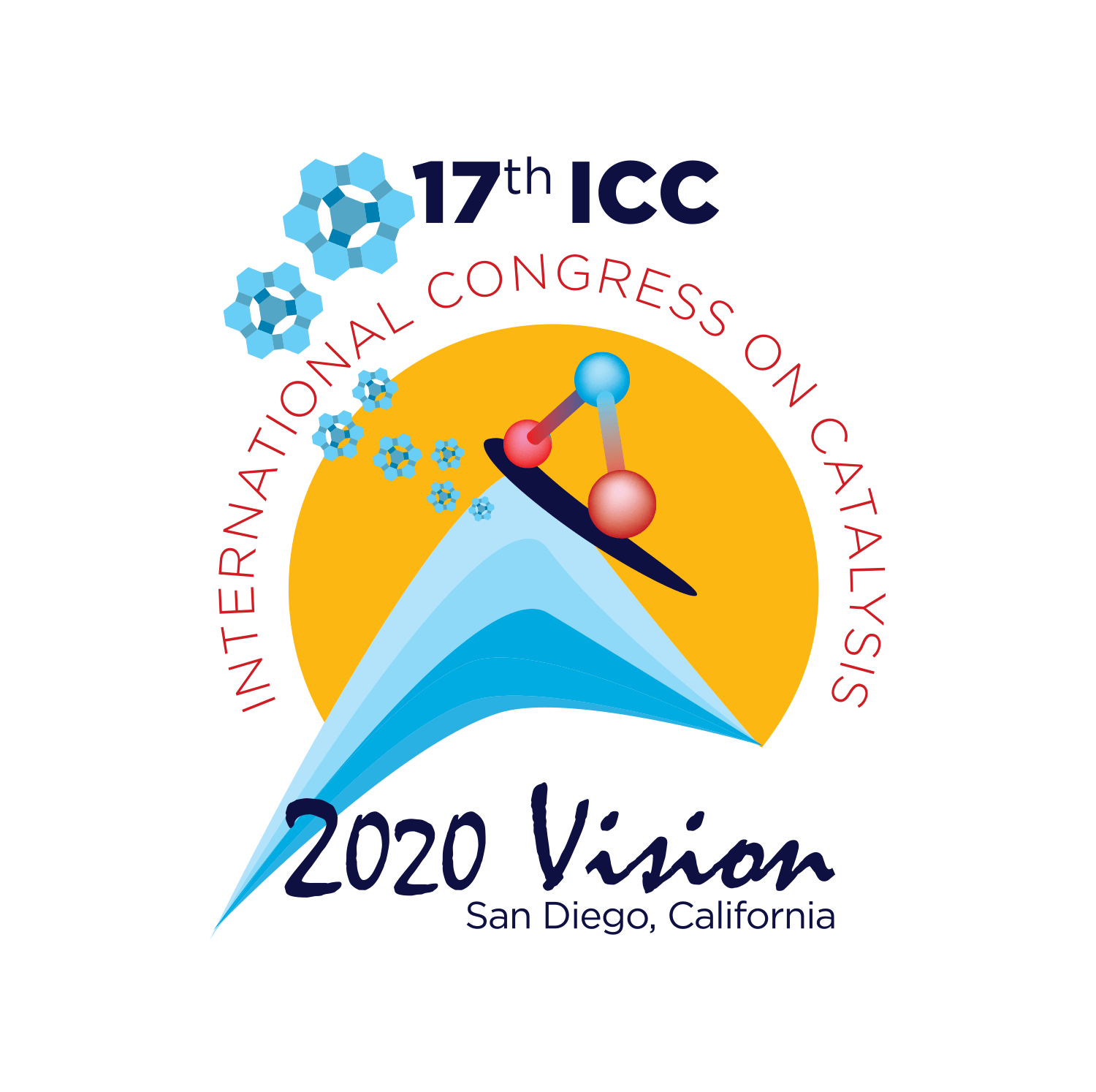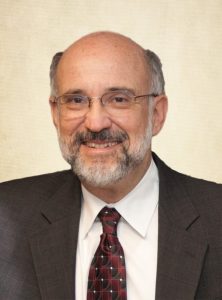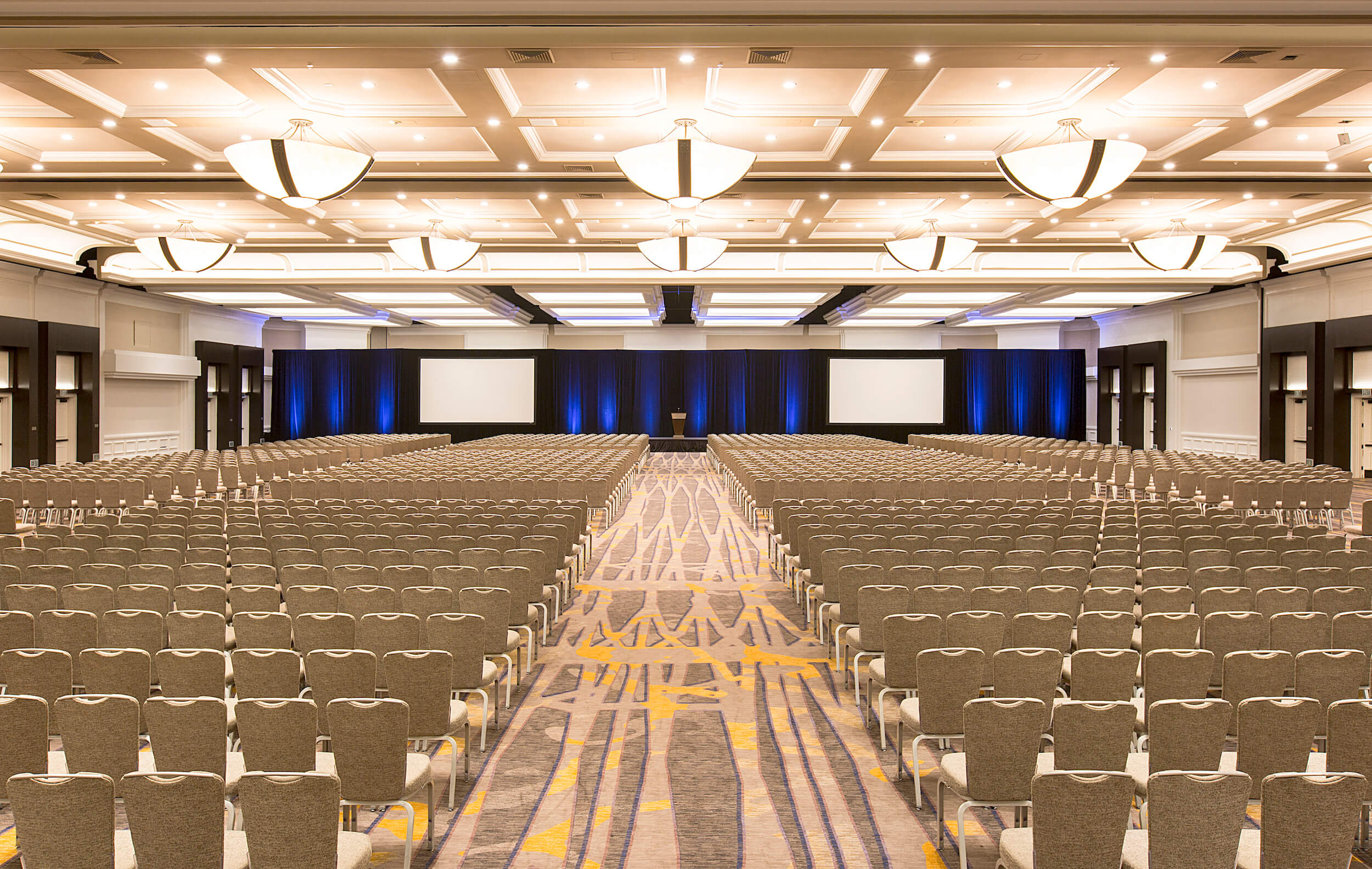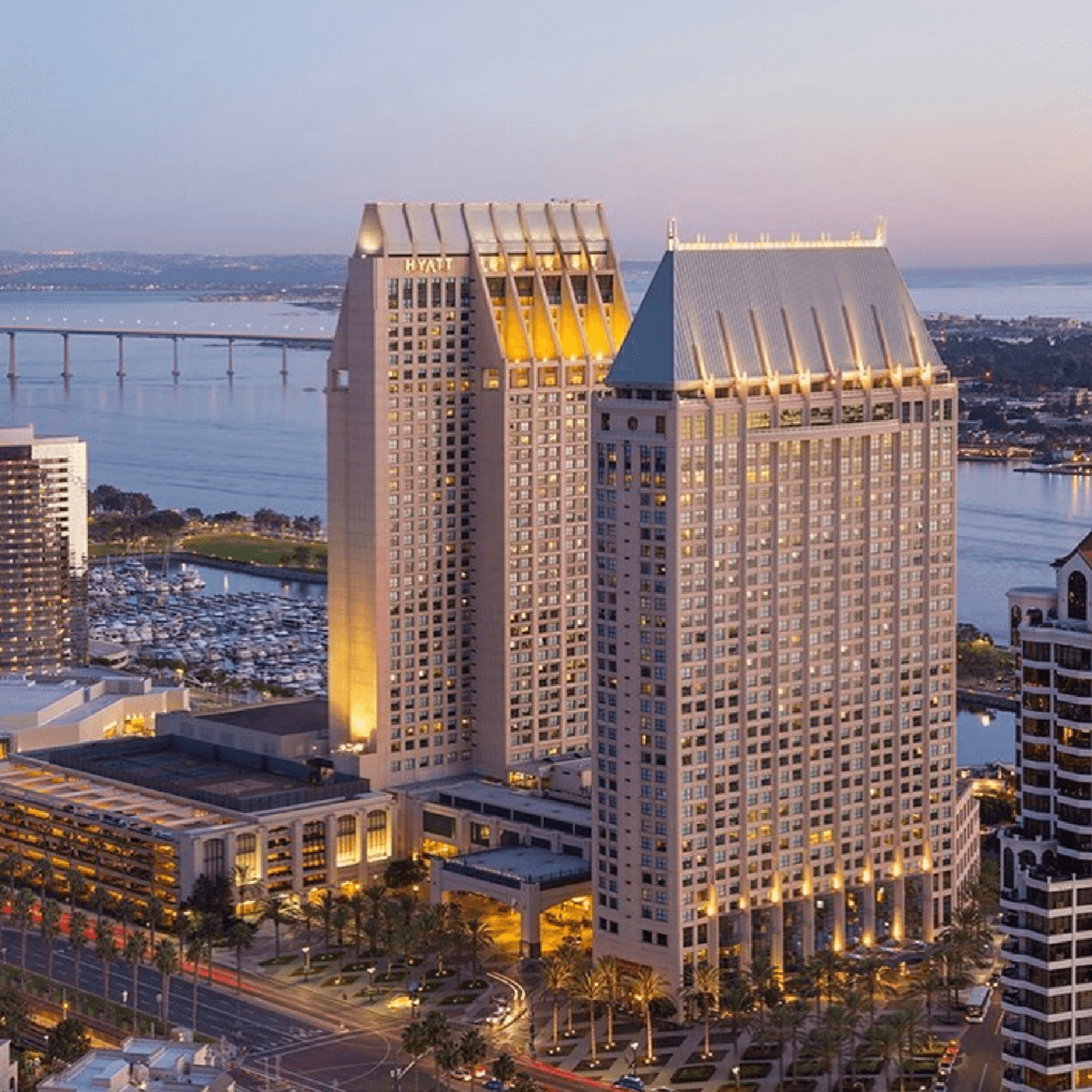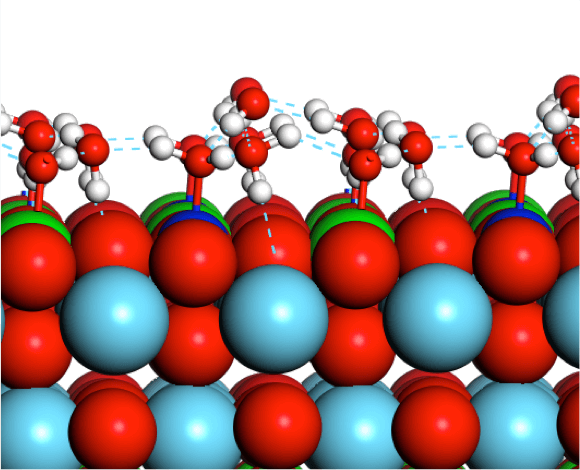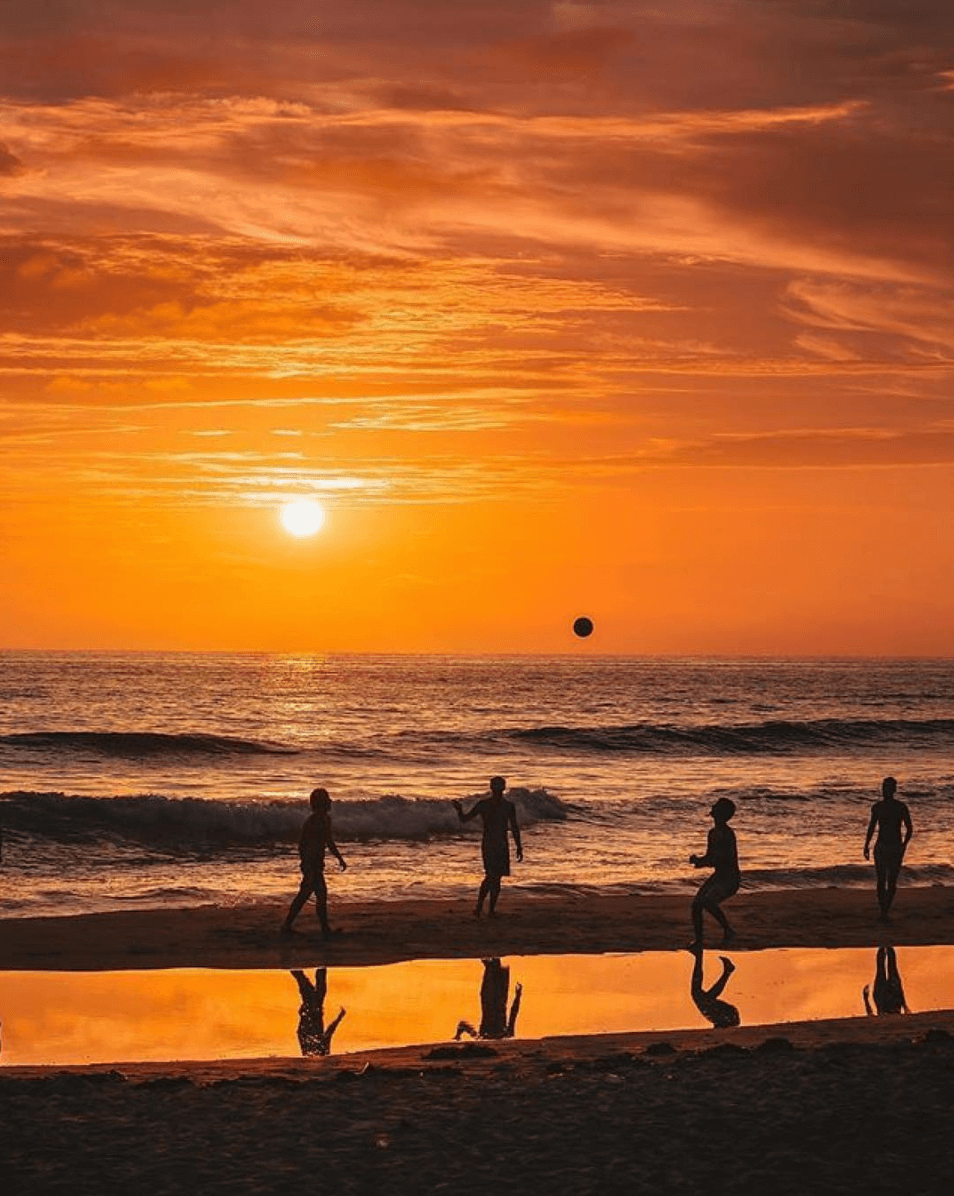14 May 2020
On behalf of the ICC2020 Organizing Committee, I regret to inform you that we will be unable to hold this meeting because it would be unsafe to do so as scheduled.
The evolving COVID-19 pandemic has made it increasingly evident that such a large gathering would be neither safe nor feasible... Read more
2020 Vision
2020 Vision
The premier meeting in catalysis
held once every four years.
Technical Program
Program Overview
The scientific program for the 17th International Congress on Catalysis will feature the central role catalysis has played in the synthesis of new molecules and materials. The program will highlight recent developments, challenges, and opportunities available in context of the changing landscape of feedstocks and the discovery and development of new and enabling experimental and computational methods.
The theme of the conference, 2020 Vision for Catalysis, aims to look into the future for catalysis research guided by the past and to the judge the present in context of what lies ahead. The technical program will address the science and practice of catalysis along three cross-cutting themes:
Plenary Lectures
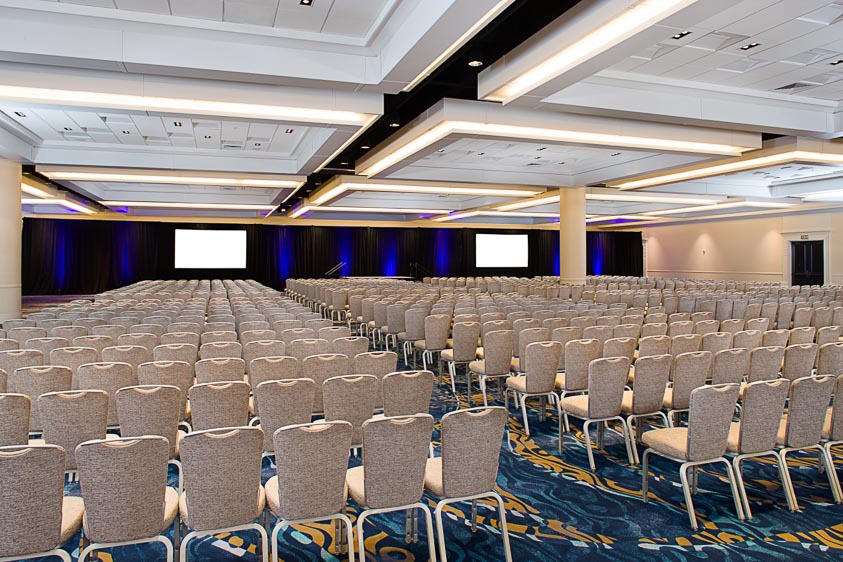
Keynote and Invited Lectures
Awards
will present two awards at the 17th ICC in San Diego: the and the . The recipients will be selected by the IACS Awards Committee and both recipients will be invited to present a plenary lecture at the 17th ICC.
The will recognize pioneering accomplishments and innovation by an individual in the early stages of their career. The recipient must not have passed his/her 45th birthday on 1st May of the award year.
The will be given to an individual or a group for significant contributions to catalyst science and technology achieved during the past four years.
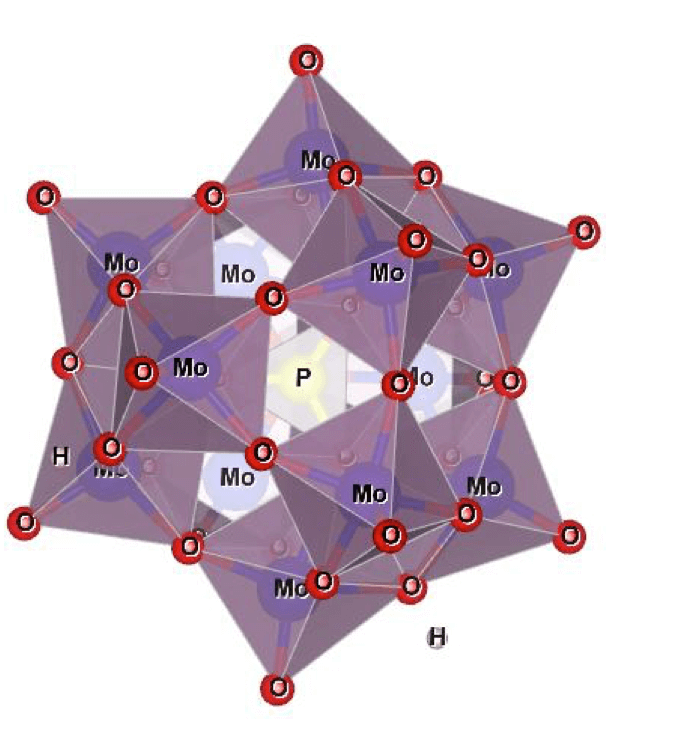
2020 Heinz Heinemann Award
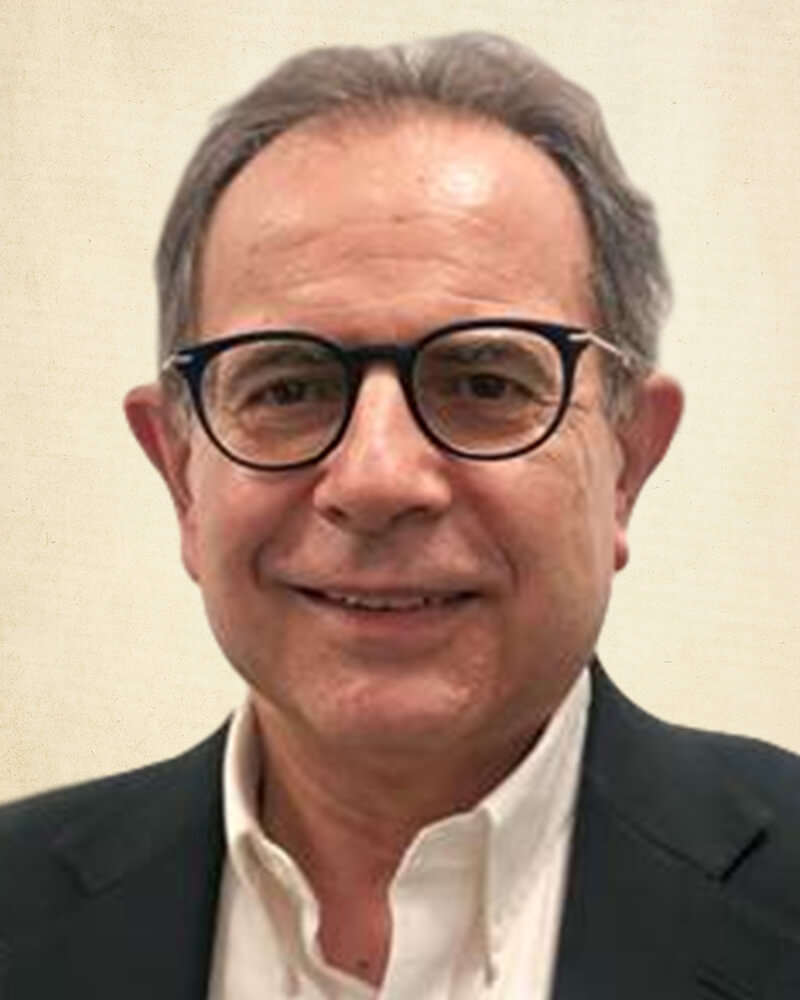
2020 International Catalysis Award
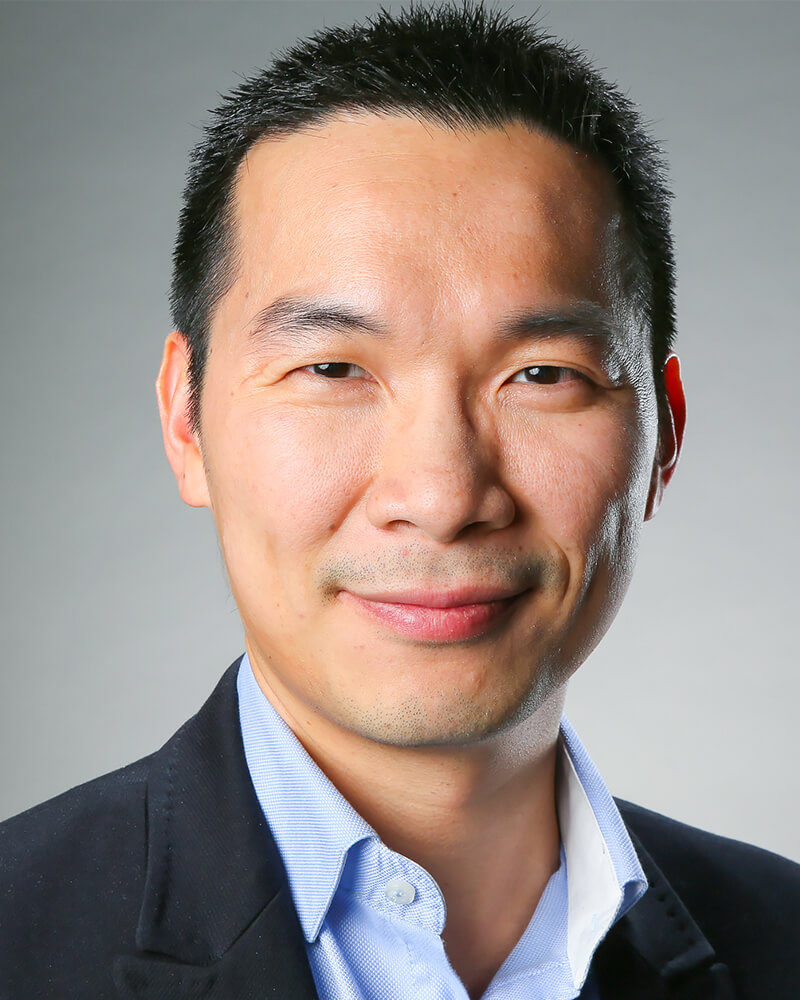
Laboratory of Inorganic Synthesis and Catalysis
Lausanne, Switzerland
Abstract Submission
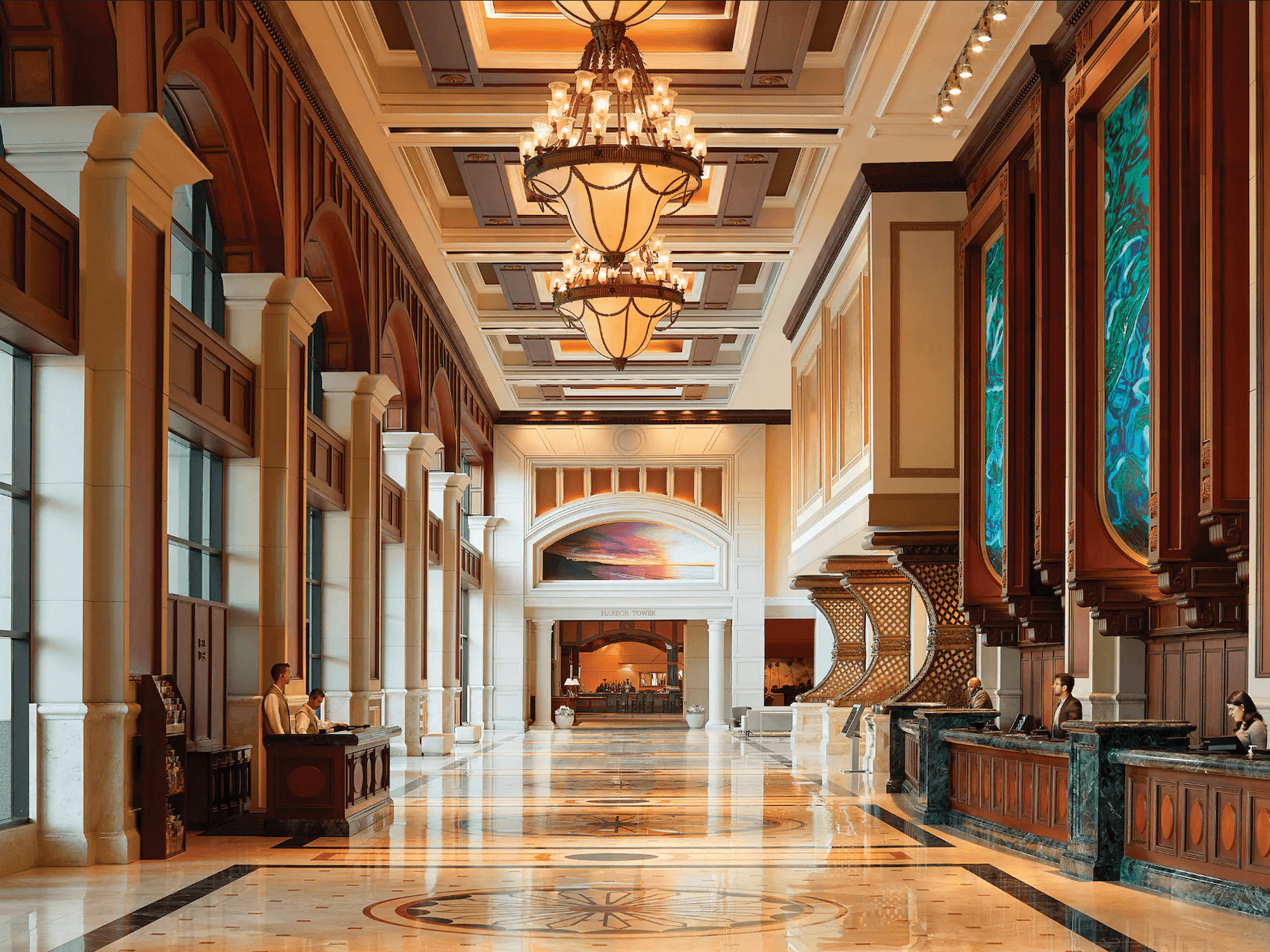
Speakers
Plenary Speakers

ITQ-CSIC-Polytechnical University of Valencia, Spain
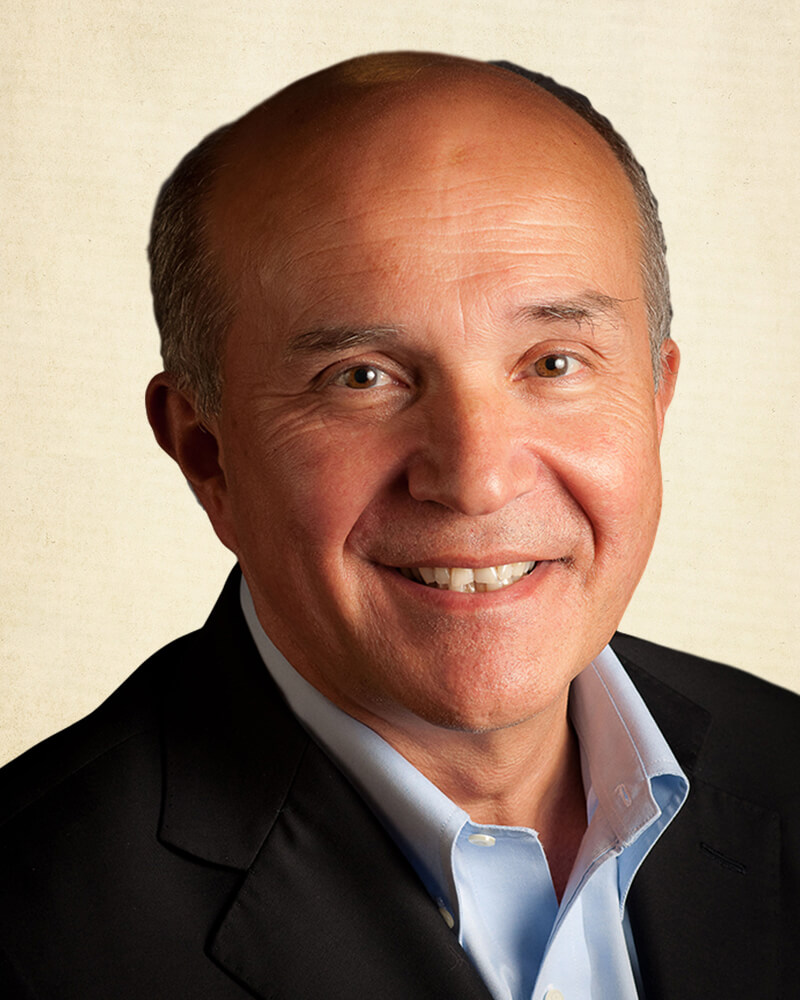
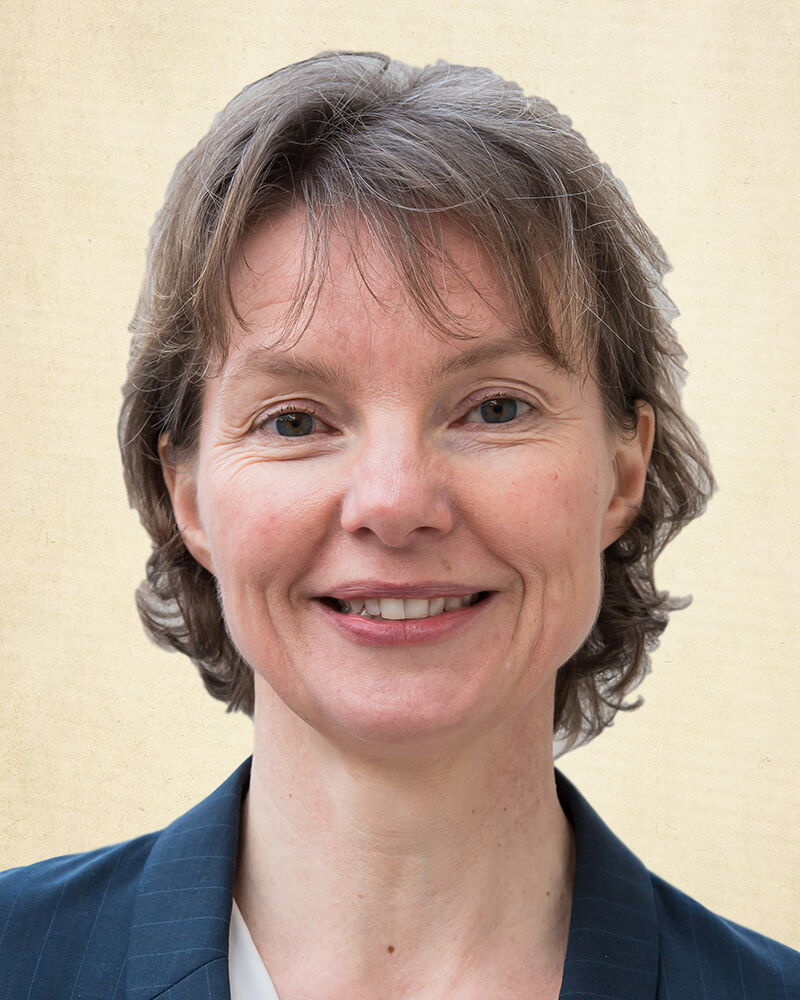
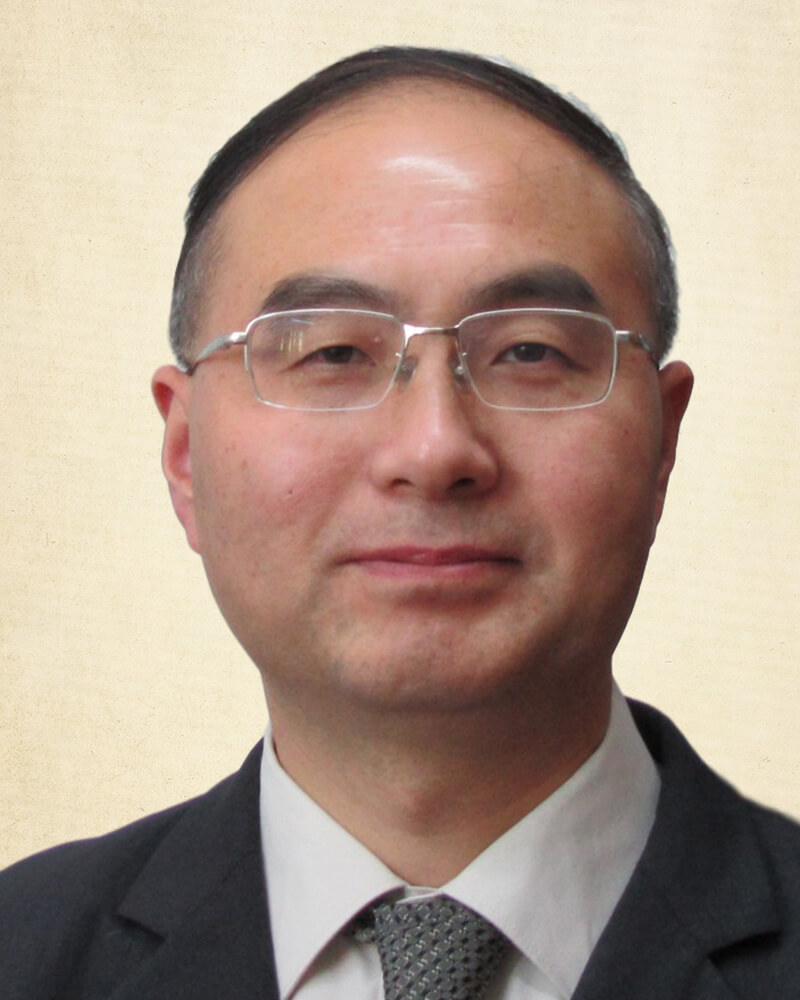
Keynote Speakers

Institute of Chemical Sciences and Engineering
Laboratory of Inorganic Synthesis and Catalysis
Lausanne, Switzerland
Angelika Brückner, Leibniz-Institut for Catalysis
Paul Dauenhauer, University of Minnesota
Sandeep Dhingra, Dow, Inc.
Lynn Gladden, University of Cambridge
Emiel Hensen, Eindhoven University of Technology
Jean-Paul Lange, Shell
Leon Lefferts, University of Twente
Can Li, Dalian Institute of Chemical Physics
Nuria Lopez, Institut Català d'Investigació Química
Fabio Noronha, National Institute of Technology
Isabella Nova, Politecnico di Milano
Philippe Sautet, University of California, Los Angeles
Jens Sehested, Haldor Topsoe
Bert Sels, KU Leuven
Kazuhiro Takanabe, University of Tokyo
Annette Trunschke, Fritz Haber Institute
Bert Weckhuysen, Utrecht University
Stacey Zones, Chevron
Invited Speakers
Shengli Chen, Wuhan University
Michael Claeys, University of Cape Town
Petra de Jongh, Utrecht University
Sergio Fuentes, Universidad Nacional Autonoma de Mexico
Jorge Gascon, KAUST
Jinlong Gong, Tianjin University
Chinnakonda Gopinath, NCL Pune
George Huber, University of Wisconsin
Hyunjoo Lee, KAIST
Jun Li, Tsinghua University
Ping Liu, Brookhaven National Laboratory
Ding Ma, Peking University
Masato Machida, Kumamoto University
Gregory Patience, Polytechnique Montréal
Stu Soled, ExxonMobil
Mizuki Tada, Nagoya University
Karen Wilson, RMIT University
Michael Wong, Rice University
Ning Yan, National University of Singapore
Workshops
Cost - $50
Facilitator: Gerardine G. Botte (Texas Tech University)
This workshop will cover an introduction to fundamental aspects of electrochemistry and how to relate those to electrocatalysis. Participants will learn about differences between chemical and electrochemical reactions, overpotential, experimental considerations in electrocatalysis, recognizing and interpreting experimental data needed to determine electrochemical reaction rates, types of electrode architectures, examples of electrokinetics models, and will perform electrokinetics calculations. This is an active learning workshop. Participants are expected to bring a laptop. Excel and open source software maybe used during the workshop.
Cost - $50
Facilitators: Annette Trunschke (Fritz-Haber-Institut der Max-Planck-Gesellschaft), Robert Schlögl (Fritz-Haber-Institut der Max-Planck-Gesellschaft), Charles T. Campbell (University of Washington), Xinhe Bao (State Key Laboratory of Catalysis, Dalian Institute of Chemical Physics, Chinese Academy of Sciences)
The workshop deals with basic and advanced methods for analysis of structural and electronic properties of catalyst precursors and the dynamics of the catalyst surface in the working state. The rate is given by the ability of the catalyst to activate reactants on its surface. The active surface sites are frequently minority species (defects, impurities), difficult to detect in presence of chemically similar spectator species. In addition, the active sites show a dynamic response to the chemical potential of the gas phase. Therefore, catalysts need to be studied under operation. The workshop provides an introduction into basic concepts of operando and complementary adsorption techniques applied in advanced characterization of heterogeneous catalysts. At the beginning of the workshop a brief survey of the general workflow in catalyst characterization is given followed by three lectures. The following topics are included:
- Description of bulk (X-ray diffraction) and local structures at the atomic scale (electron microscopy) quasi in situ and under reacting environments.
- Analysis of the electronic structure of solids and catalyst surfaces as well as the detection of minority species by in situ and operando techniques, such as ambient pressure photoelectron spectroscopy (AP-XPS), near edge x-ray absorption fine structure (NEXAFS), UV/VIS/NIR, and resonance Raman spectroscopy.
- Investigation of catalyst surfaces by adsorption of probe molecules, reactants and intermediates using infrared and UV/Vis/NIR spectroscopy and adsorption calorimetry.
Cost - $75
Facilitators: Dion Vlachos (University of Delaware), Michail Stamatakis (University College London), Matteo Maestri (Politecnico di Milano), Mauro Bracconi (Politechnico di Milano), Bharat Medasani (University of Delaware), and Gerhard Wittreich (University of Delaware)
8:30 AM - 11:30 AM
Part I: This workshop will focus on mean field kinetic models and their integration with computational fluid dynamics (CFD). First, the fundamentals of microkinetic models will be discussed. This will entail description of inputs and outcomes, reaction network generation, estimation of kinetic model parameters, mean field microkinetic modeling, descriptor-based microkinetic modeling for catalyst discovery, model analytics, and their integration with CFD. Available software will be reviewed.
1:30 PM - 4:30 PM
Part II: This workshop will focus on kinetic Monte Carlo (KMC) models and their integration with computational fluid dynamics (CFD). First, the fundamentals of stochastic processes will be discussed and examples will be illustrated. Limitations of mean field models will be briefly discussed. Methods to integrate KMC models into CFD will also be discussed. Available software will be reviewed.
Cost - $50
Facilitator: Matt Neurock (University of Minnesota)
The tremendous advances in the theoretical methods and computing power that have occurred over the past decade have helped to make computational catalysis an invaluable tool in understanding and designing catalytic systems. The workshop is aimed at fostering the use of quantum chemical methods and molecular simulation of catalytic reaction systems. The workshop will combine presentations along with hands-on tutorials and demonstrations. Participants are asked to bring along their laptops. The workshop will include:
- Benefits and Challenges Overview of the capabilities and limitations of Computational Catalysis with focus on realistic expectations of the accuracy, types of problems that can be studied, and time frames necessary to obtain meaningful results. The role of Computational Catalysis in today’s industry landscape is also discussed.
- A brief introduction to the underlying methods, approximations and algorithms used in multiscale modeling of catalytic reactions: Ab initio quantum chemical wave-function and density functional theory methods, Monte Carlo and molecular dynamics simulations and descriptor-based catalyst screening. An overview on the application of these methods to catalytic reactions over metals, metal oxides, zeolites and other materials will be given.
- Hands-on guided tutorials will be given to demonstrate the use of first principle quantum chemical methods to gain fundamental insight into surface phenomena in heterogeneous catalytic reactions.
Cost - $50
Facilitators: Simon Bare (Stanford Linear Accelerator Center), Maarten Nachtegaal (Paul Scherrer Institut) and Adriano Braga (Universidade de São Paulo), Adam Hoffman (Stanford Linear Accelerator Center) and Jiyun Hong (Stanford Linear Accelerator Center)
This hands-on workshop will cover important aspects of the application of X-ray absorption spectroscopy (XAS) as applied to the catalyst researcher. The workshop content will enable the researcher to have a firm grasp of how the technique might aid their own research, and why they should consider incorporating it into their research program. The workshop will include:
- An introduction to XAS and the information content that the technique provides
- Details of sample preparation and experimental pitfalls
- How to collect an XAS spectrum – including what is a beamline, what detectors should be used, and how to set up collecting a spectrum. We will collect XAS data in real-time for a metal oxide sample from a beam line at SSRL
- The major concepts involved in data processing and data analysis. Due to the time allotted to this workshop we will not delve deeply into data analysis or any one particular topic and we recommend this workshop for those interested in learning about XAS or those just starting to use XAS in their research. There are many week-long EXAFS schools that serve this purpose.
Cost - $50
Facilitators: Kazuhiro Takanabe (University of Tokyo) and Fuxiang Zhang (Dalian Institute of Chemical Physics)
Photocatalysis is of great importance in energy conversion and environmental remediation. This study session is aimed at newcomers in the field, and will address fundamental aspects on how to examine and report photocatalytic and photoelectrochemical studies. We will discuss relevant phenomena that occur in different dimensions and timescales, and practical experimental techniques and efficiency calculations. We will also have an open Q&A session for participants.
Cost - $50
Facilitators: John Regalbuto (University of South Carolina) and Petra de Jongh (Utrecht University)
In this workshop, the most common methods of supported nanoparticle synthesis will be reviewed. Several classical and newer methods including incipient wetness impregnation and electrostatic adsorption will be discussed in depth. A hybrid of incipient wetness impregnation and electrostatic adsorption, termed “charge enhanced dry impregnation” will be described. Electrostatic adsorption will be extended to the controlled synthesis of supported bimetallic and dilute limit alloy nanoparticles. These methods are readily applicable at laboratory scale and can in principle be easily scaled.
Cost - $20
Facilitators: Haichao Liu (Peking University, Journal of Catalysis), Josephine Hill (University of Calgary, Applied Catalysis A: General), Ding Ma (Peking University, ACS Catalysis) and Jesse Hensley (National Renewable Energy Laboratory)
This session will consist of a panel of senior researchers and journal editors to provide their perspectives and advice on delivering effective presentations, and writing clear and concise scientific manuscripts. Panelists will begin by presenting some material, followed by an open-ended Q&A session with the audience. Any and all participants are welcome.
Our Sponsors and Exhibitors
Sponsor the 17th International Congress On Catalysis
RHODIUM SPONSORS

PLATINUM SPONSORS
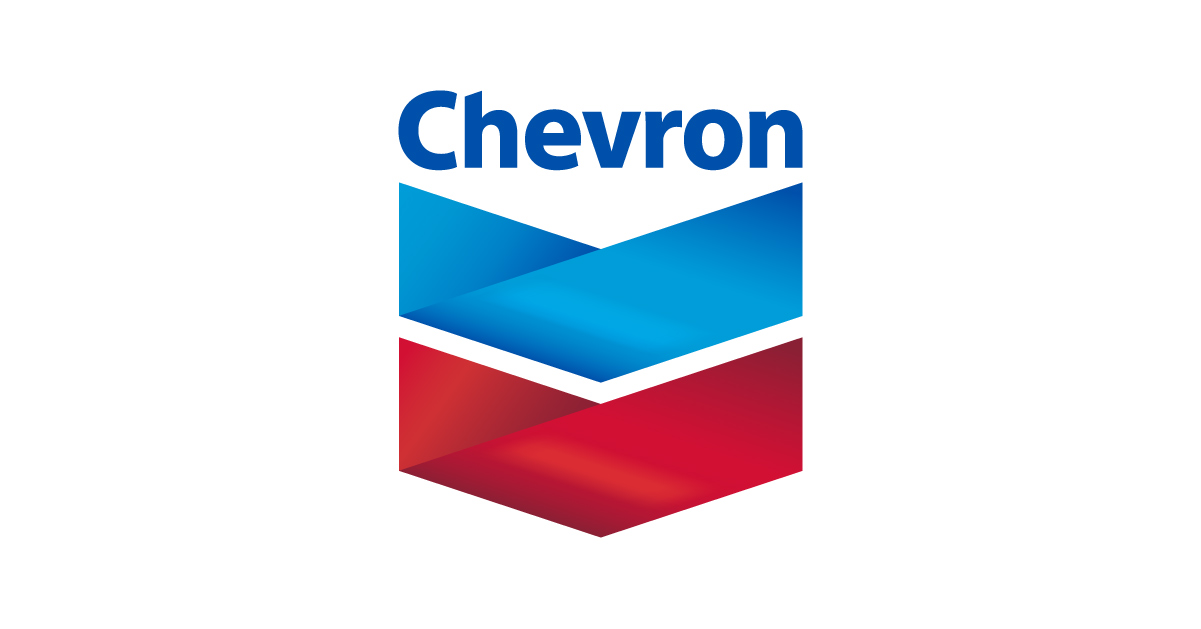
GOLD SPONSORS
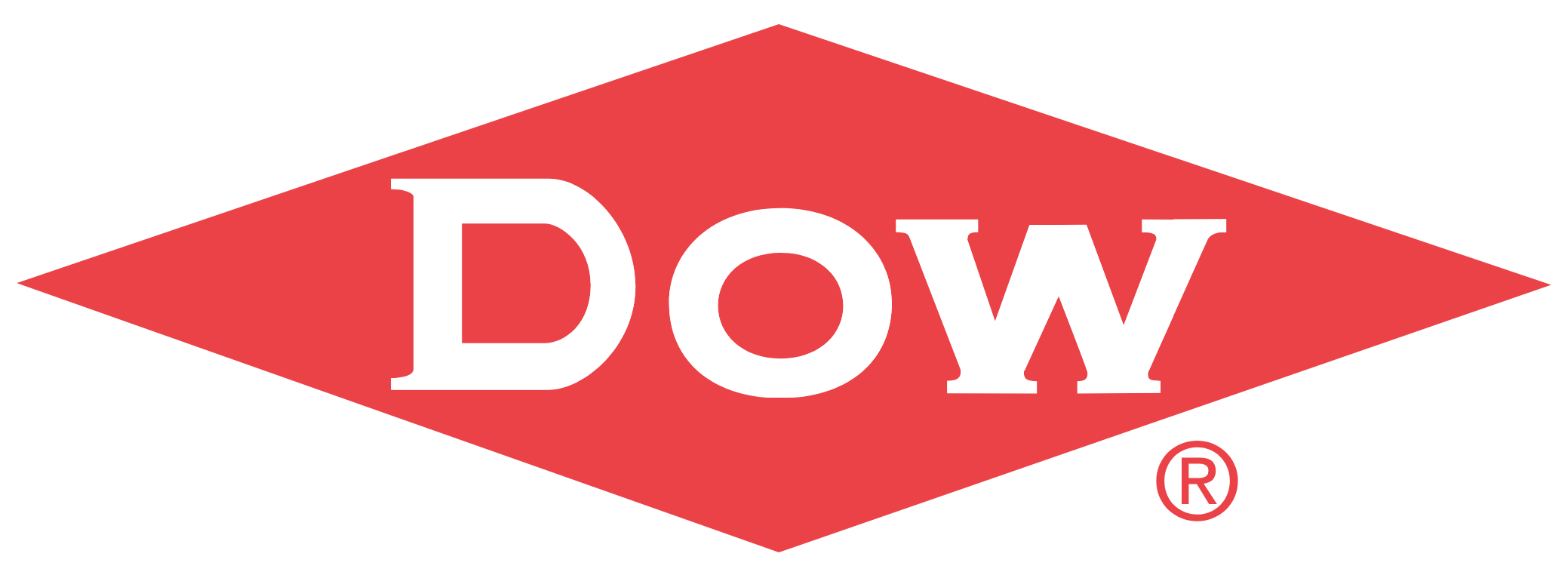
SILVER SPONSORS


BRONZE SPONSORS

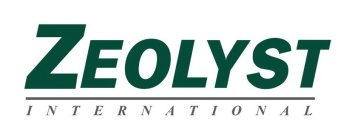

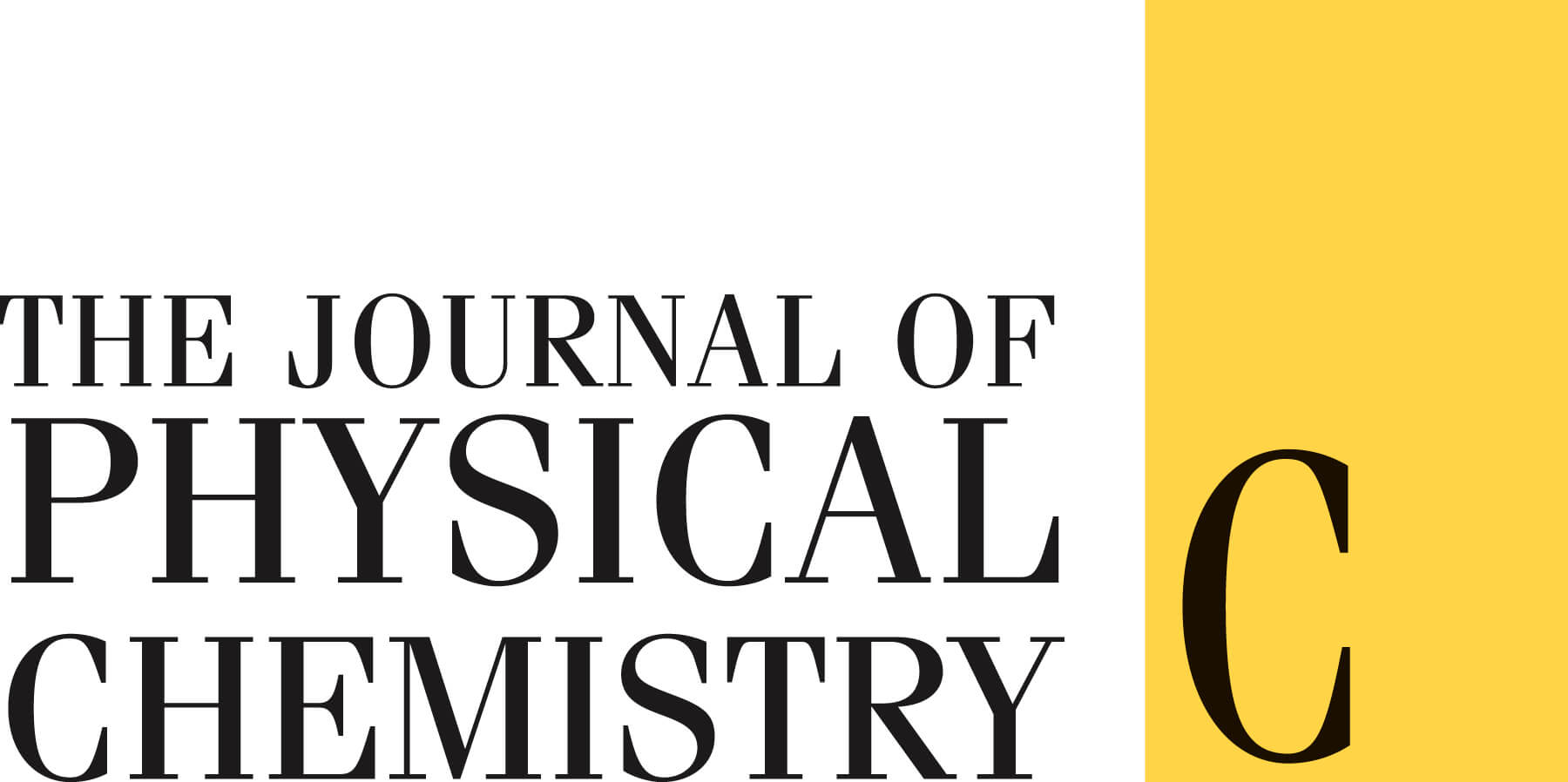

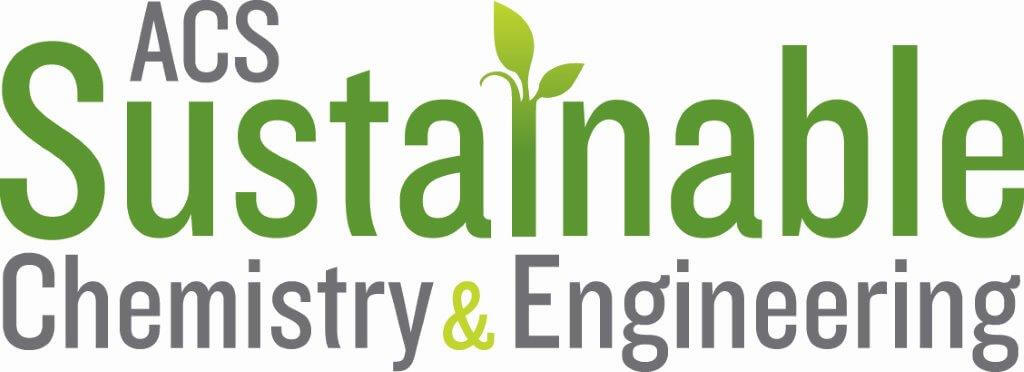


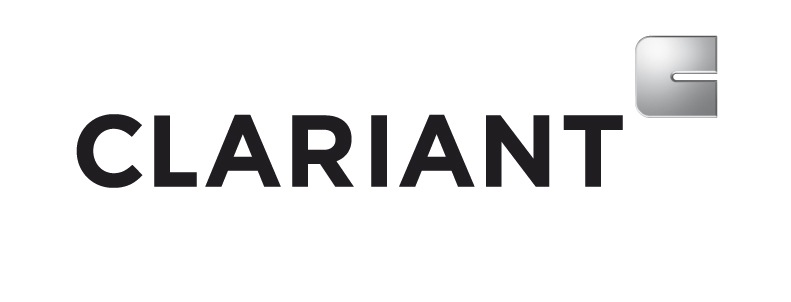
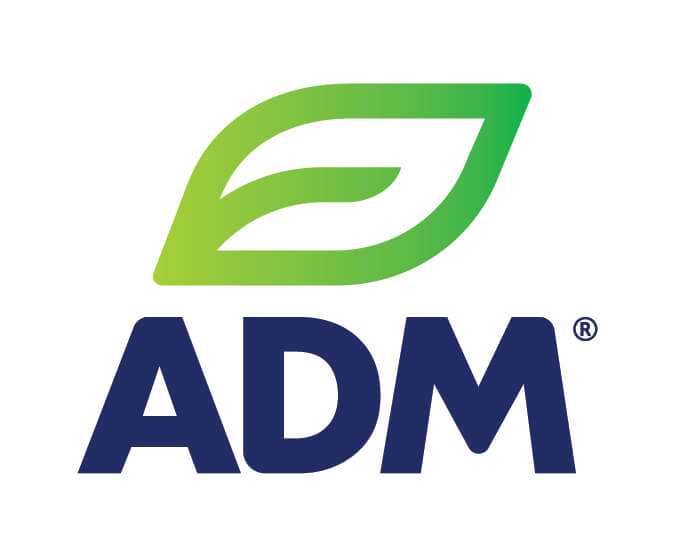
Venue
Enjoy The San Diego Manchester Grand Hyatt
Integrated into a 1,628-room hotel with bay and city views, including 76 suites and 45 conference suites, this ultra-modern facility offers stunning contemporary design, floor-to-ceiling windows with views of San Diego Bay or the city skyline, luxe linens, 46” flat-screen televisions, work spaces, iHome stereos, and free Wi-Fi. Internet access up to 400MB is available in all guest rooms.
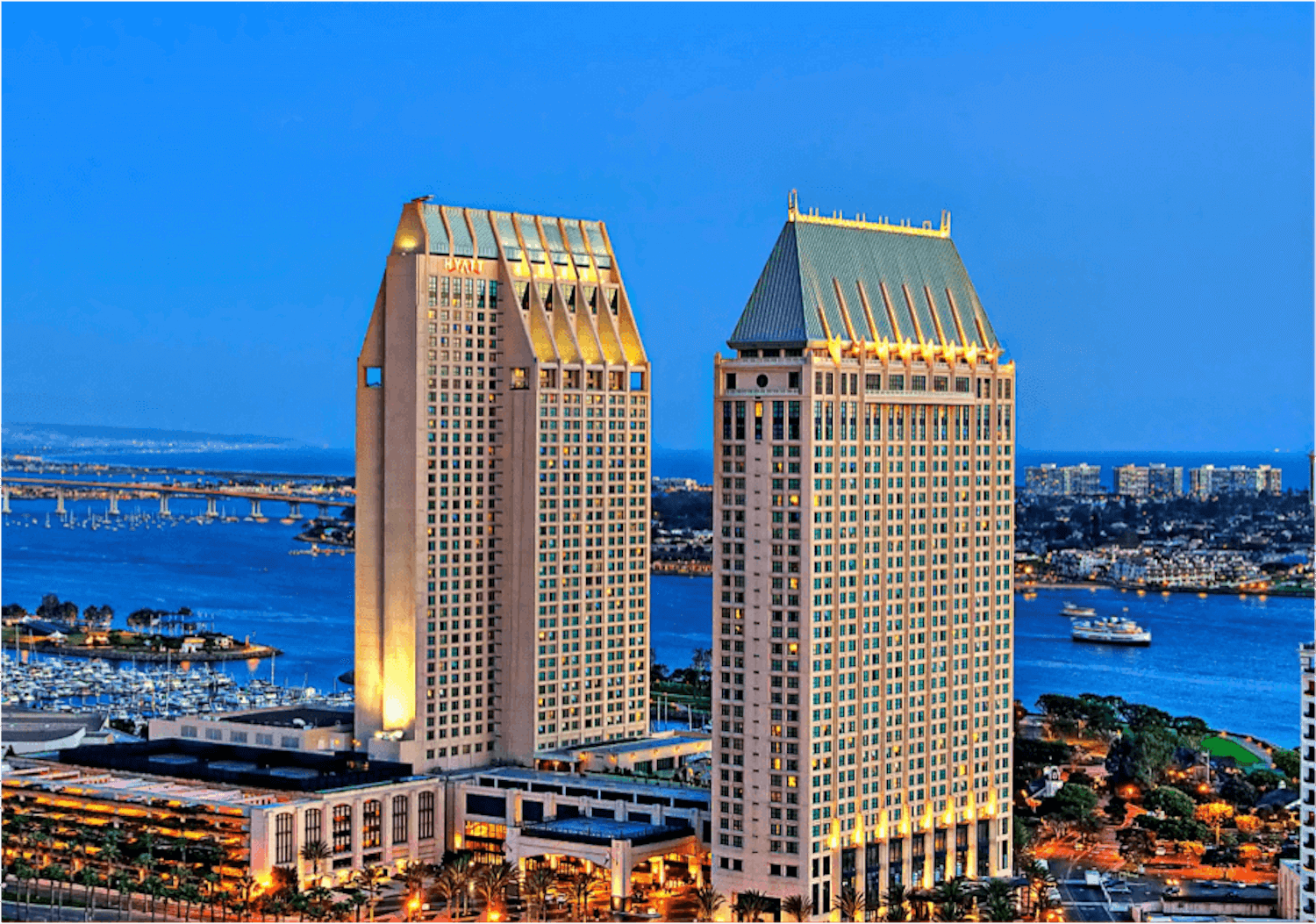
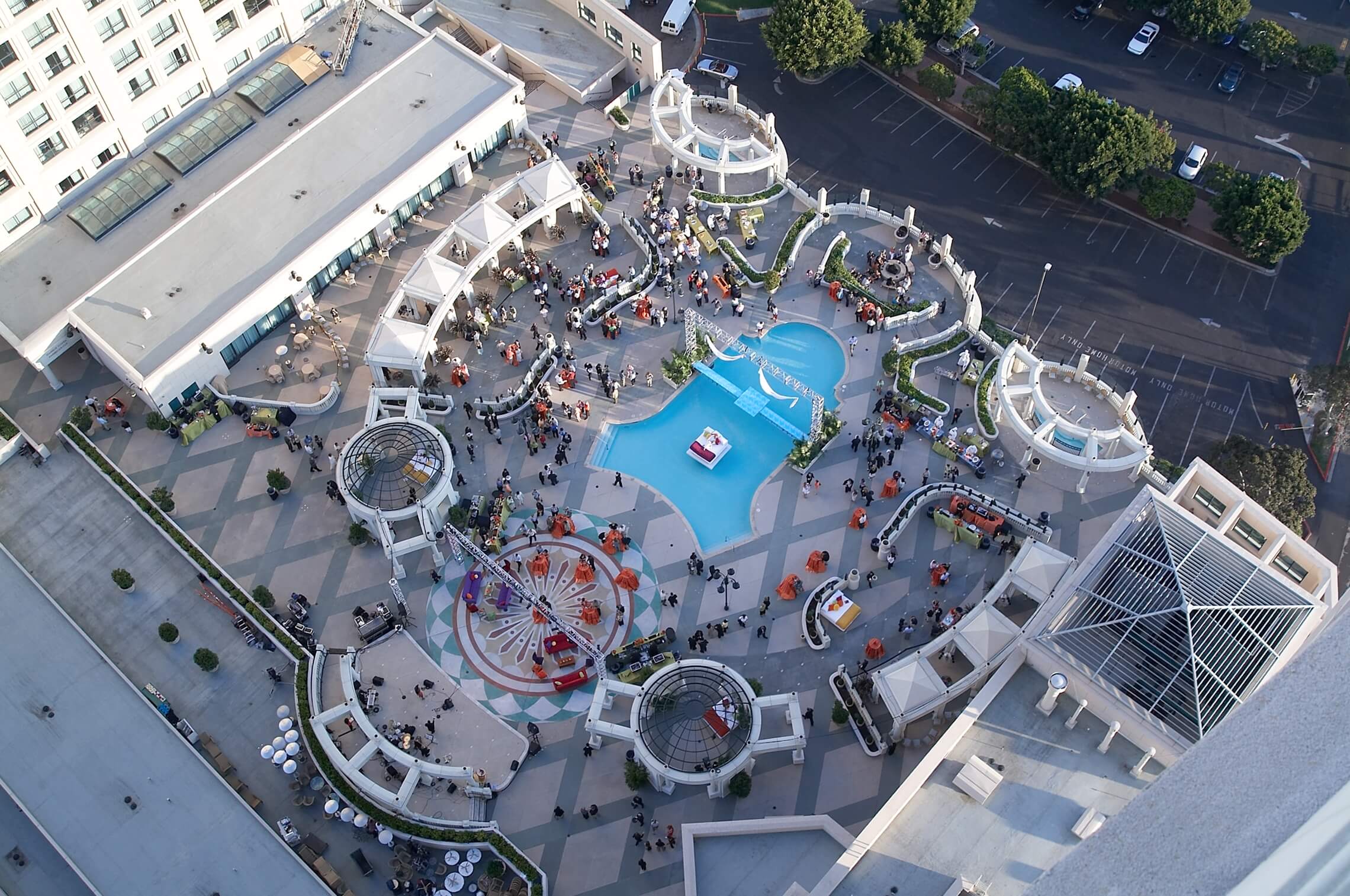
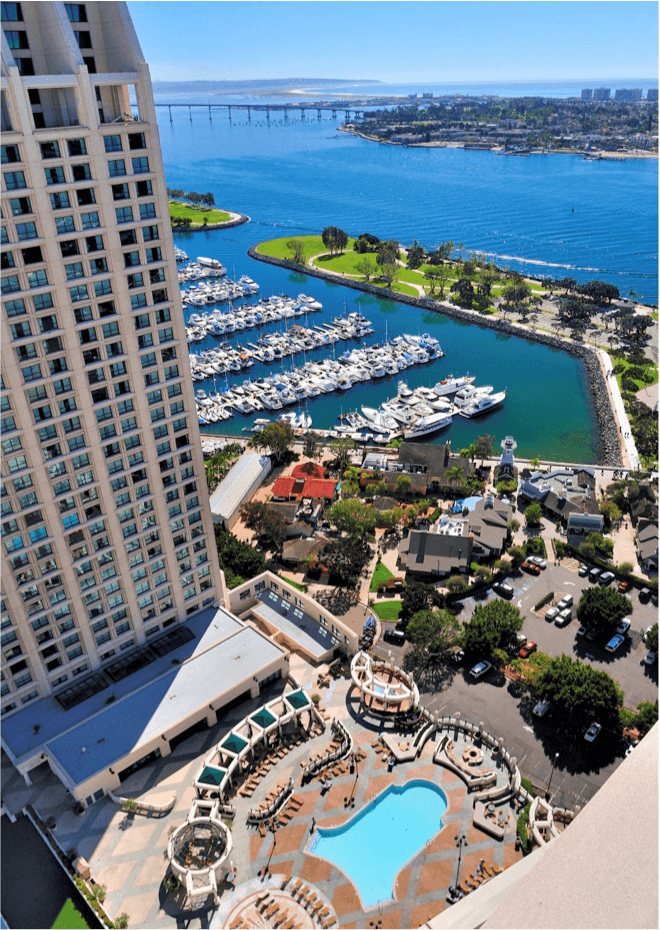
REGISTRATION
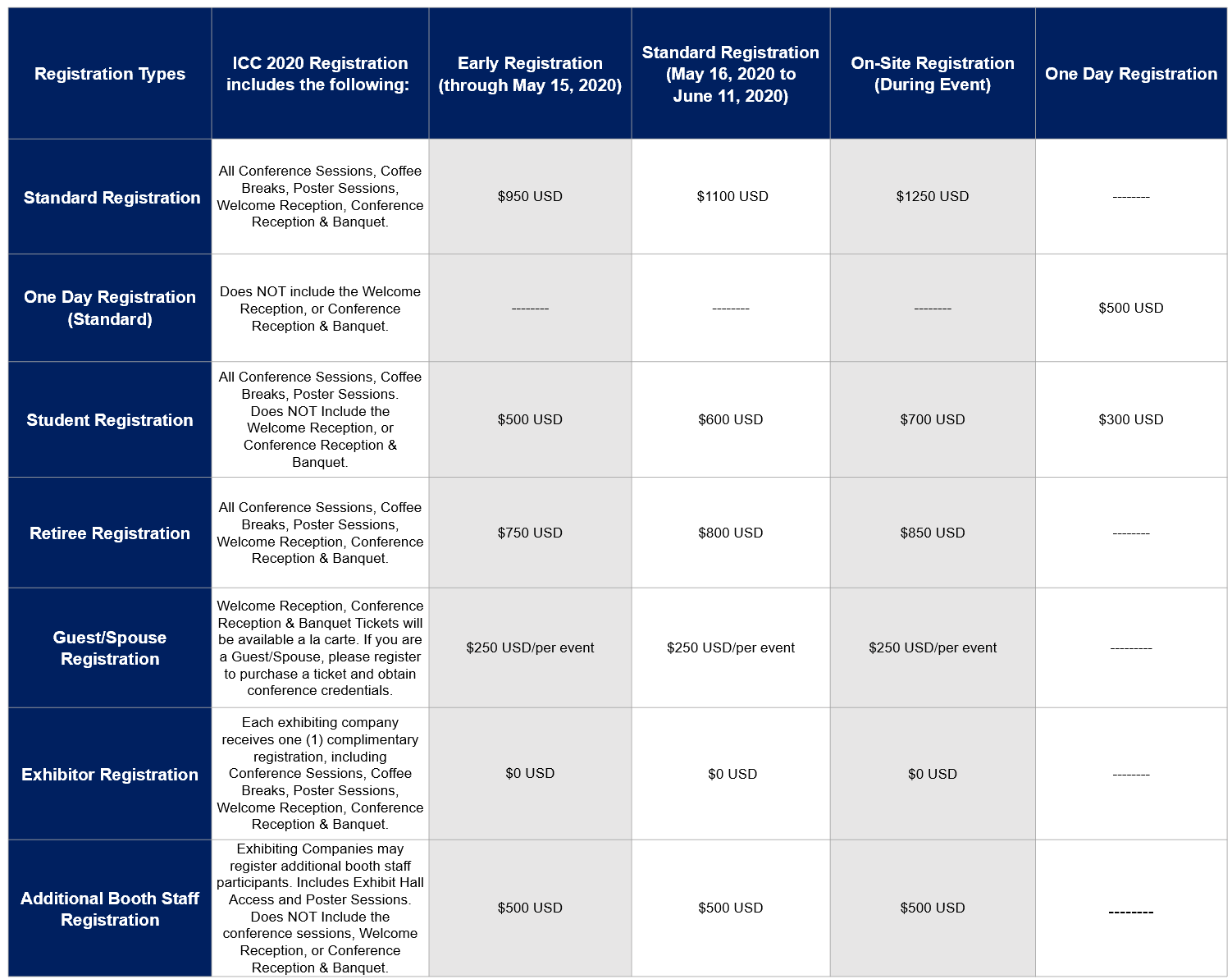
Travel Awards
17th International Congress on Catalysis Travel Awards for Graduate Students and Postdocs at North American Institutions
The 17th International Congress on Catalysis will award a limited number of travel awards to graduate students and postdocs to assist with their travel expenses to the meeting. These travel awards will cover registration and travel to the conference (up to $1000/graduate student and $1250/postdoc; submission of all receipts will be required). To be eligible, the graduate student/postdoc must be currently enrolled or employed by an institution in North America (US, Canada and Mexico).
The nomination for this award should be made by the student/postdoc's research advisor. Each advisor may nominate only one student or postdoc.
The nomination package should include the following as a single PDF file:
a) Notice of abstract acceptance at the 17th ICC along with the abstract.
b) A resume (up to 2 pages in length) highlighting the student/postdoc's accomplishments.
c) A single-page recommendation letter from the faculty advisor.
The nomination material must be sent electronically by email as a single package to Eranda Nikolla at . The deadline for nominations is Feb 24th (midnight EST), 2020.
